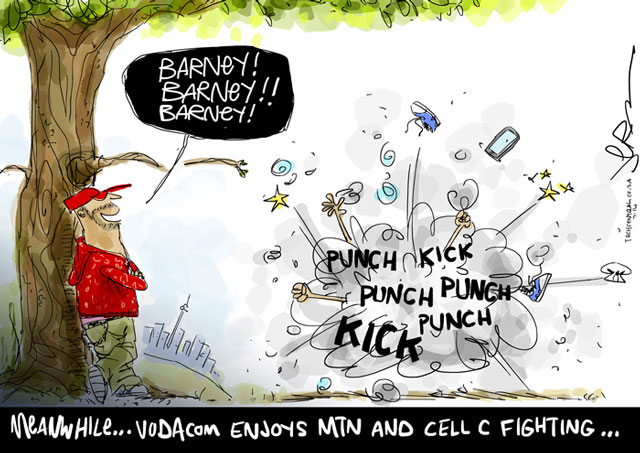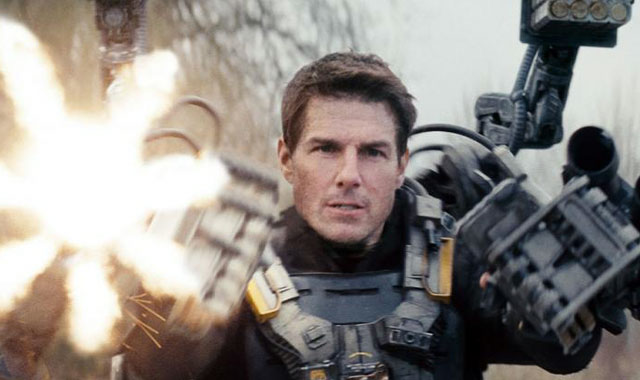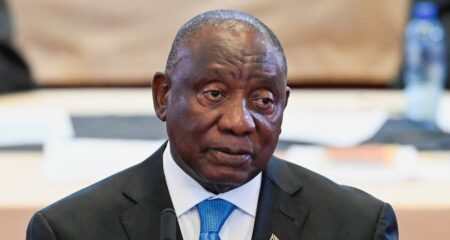
I’m trying to figure out why I’m so disheartened with the movies this season. It’s true that the northern hemisphere summer began badly. Marc Webb’s The Amazing Spider-Man 2 was a disappointment. The aerial sequences at the beginning were thrilling. Andrew Garfield and Emma Stone have undeniable chemistry and seem on the surface perfectly cast.
But as the film unfolds, Garfield’s neediness, his virtue, the way his slowly spoken dialogue separates each emotion with a pause, ends up seeming rather twee and more than a bit tiresome. It was enjoyable — to a point — but a bit underwhelming and it made one ask at what stage special effects detract rather than enhance a production. Because wherever that point is, The Amazing Spider-Man 2 has reached it.
I didn’t expect much from Pompeii, which was lucky, seeing as it made me wonder whether there are any directors currently making big-budget action spectacle who are worse than Paul WS Anderson. It was so bad that it was an endless source of good jokes, all of them at the film’s expense. Trying to find good things to say about it, all one can dredge up is “Kit Hartington has the best abs of the season and is very beautiful”. One can stay home, watch Game of Thrones and get all of that plus so much more.
I thought Gareth Edwards’s Godzilla the dullest blockbuster of the season — but then, after yawning for an hour and a half, the monsters finally arrived and woke me up. It’s a movie where everyone — apart from the director, writers and actors (Juliette Binoche excepted) — seems to have done an amazing job. Some of the shots are jaw-dropping good — the visual effects truly astonishing, with the scene on the bridge where the monster rises behind the hero and Godzilla’s arrival at the airport being particular delights. But, ultimately, Godzilla illustrates how empty and unsatisfying spectacle on its own can be. There’s a story-telling dimension to spectacle itself — and a monster movie that doesn’t scare, doesn’t thrill and doesn’t allegorise with intelligence is not much of a monster movie at all.
So which of the season’s blockbusters have been good? Captain America: Winter Soldier was better than the original but was released in March so probably shouldn’t figure in this account. X-Men: Days of Future Past was fun but all I can remember about it now is the sexual abuse lawsuit against director Bryan Singer that preceded the film’s release and the marvellous scenes of Quicksilver in motion.
I loved the glossiness of Robert Stromberg’s Maleficent, the gorgeous design and look of the film as well as Anjelina Jolie’s magnificent performance in the title role. I also loved that it was a summer blockbuster aimed at young girls and clearly succeeded in engaging them in the story. I was glad to also see that it was a hit. But good as they are, none of these movies have been good enough to get a general audience to line up to see them again.
The best of the northern hemisphere summer blockbusters so far has been Doug Liman’s Edge of Tomorrow. But this in itself is a depressing thought. Cruise is terrific in it; he and Emily Blunt have great chemistry together; the premise is excellent. Like Bill Murray in Harold Ramis’s Groundhog Day, Tom Cruise re-lives the same day over and over but the catch is that he’s got to be shot first. So the audience gets to see Cruise save the world, but not before enjoying the pleasure of seeing him killed over and over again as he tries to figure out how to do so. It’s intelligent, critical, imaginative and very handsome to look at.

What depresses me about Edge of Tomorrow is that its American marketers haven’t been able to sell it in the US. Seeing Cruise giving a great performance while he dies over and over again has not proved sufficient to redeem him with audiences there — though worldwide audiences have been much more forgiving of America’s biggest and most iconic star (the film grossed “only” US$95m in the States in contrast to the $350m it made worldwide).
The most hateful blockbuster of the season so far has been Transformers: Age of Extinction. It’s crude, ugly in spirit, a kind of barbarism in culture. It seemed to me an illustration of Adorno and Horkheimer’s argument regarding The Dialectic of Enlightenment: all that science, all that knowledge, all that artistry, marvellous shots; are all now directed at destruction, of ideals as well as things.
It’s a cynical exercise: the chasing of the Chinese market, product placement, sexism, all the crash, bang, explosions and metal twisting. It’s a militarist gun-loving display of destruction: thousands of buildings get destroyed, loads of people die, nobody cares.
The season has not been without pleasures at the movies, but these pleasures are often found around the edges of, but in the same cinemas as, the blockbusters. 22 Jump Street is very intelligent about the way it makes dumb funny. Channing Tatum dances and speaks up for gay rights and he and Jonah Hill bounce jokes off each other like music-hall stars of old.
I also loved seeing Hayao Miyazaki’s The Wind Rises, which is slow-paced, meditative, poetic, romantic, bittersweet — it had me on the verge of welling up for most of its length. I was also very intrigued by Amini Hossein’s The Two Faces of January, a glamorous, stylish, star-driven murder mystery set in the early 1960s, with Vigo Mortensen at his very best as Kirsten Dunst’s deceitful, dissolute, and murderous husband.
But even the best of these films did not provide the pleasures one usually expects from blockbusters at their best. They should dazzle your senses, give you the impression of being lifted from your seat by images and sounds. The visual effects should result in emotional effect, the visceral kick in the body should leave an afterglow in the heart and head. And all this should result in such a satisfying experience that you’re willing to repeat it over and over again as the season unfolds.
No blockbuster has succeeded in doing this so far. Richard Linklater’s Boyhood, an indie just out, is doing this at the moment. But it is not big budget and is not a blockbuster. ![]()
- This article was originally published on The Conversation
- Arroyo is lecturer in the department of film and television studies at the University of Warwick




